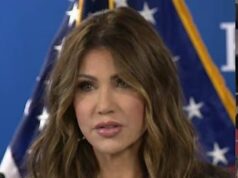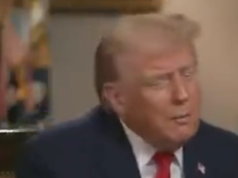A Tennessee high school student has filed a First Amendment lawsuit against their school district after being suspended for posting memes of the principal during non-school hours.
The 17-year-old senior, identified only as “I.P.” in court filings, is suing Tullahoma City Schools.
Last August, the student was called to the office for making memes of Tullahoma High School Principal Jason Quick and posting them to their Instagram account over summer break and at their home after the second day of school.
The images feature the principal holding a box of vegetables, dressed as an anime cat girl, and with a cartoon bird from the “Regular Show” clinging to his leg.
Ultimately, the student was suspended for three days. The school official cited a rule against students posting photos intended to “embarrass, demean or discredit any student or staff.”
“It has been part of American culture since the founding to criticize and satirize those in power,” Conor Fitzpatrick, an attorney with the Foundation for Individual Rights and Expression (FIRE), told Fox News. “It teaches a very dangerous lesson to kids about what America and our Constitution is about if they’re taught from a young age that if they criticize or satirize somebody in power that they can get in trouble for it.”
Fitzpatrick said the memes were harmless and mocked the principal’s overly serious demeanor.
“The memes were very tame,” Fitzpatrick said. “They did not threaten anyone. They did not contain any bad words. But what they did do is poke fun at the principal’s overly serious nature.”
The lawsuit says, “the First Amendment bars public school employees from acting as a round-the-clock board of censors over student expression. The Supreme Court has been clear: Unless a student’s off-campus expression causes a substantial disruption at school, the job of policing their speech falls to parents, not the government.”
“Here, Quick tried to ensure students could not satirize him ‘at all,’” the lawsuit continues. “But I.P., like every American, has a First Amendment right to satirize or criticize government officials without fear of retribution so long as he does so in a way that does not substantially disrupt or threaten to substantially disrupt school.”









